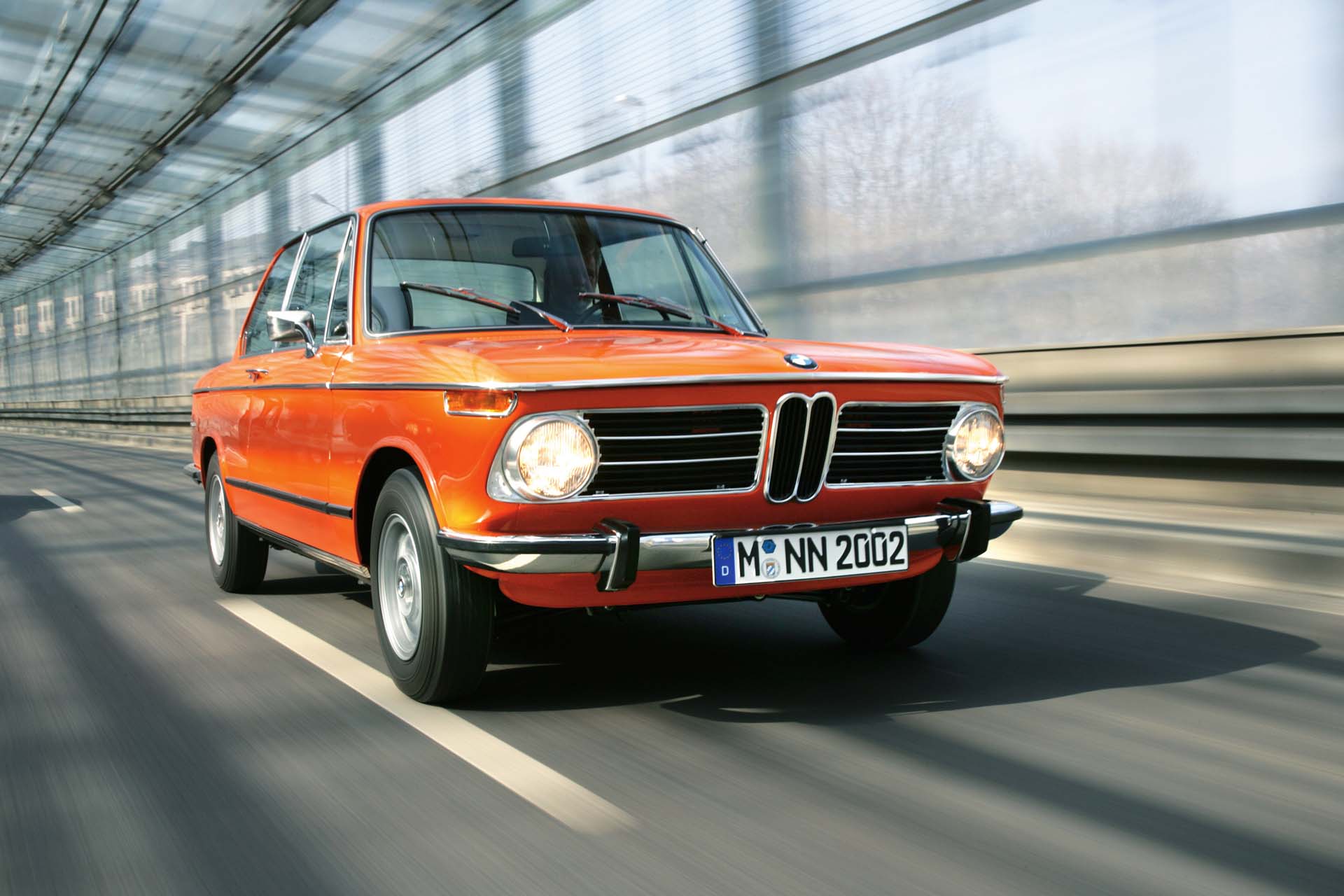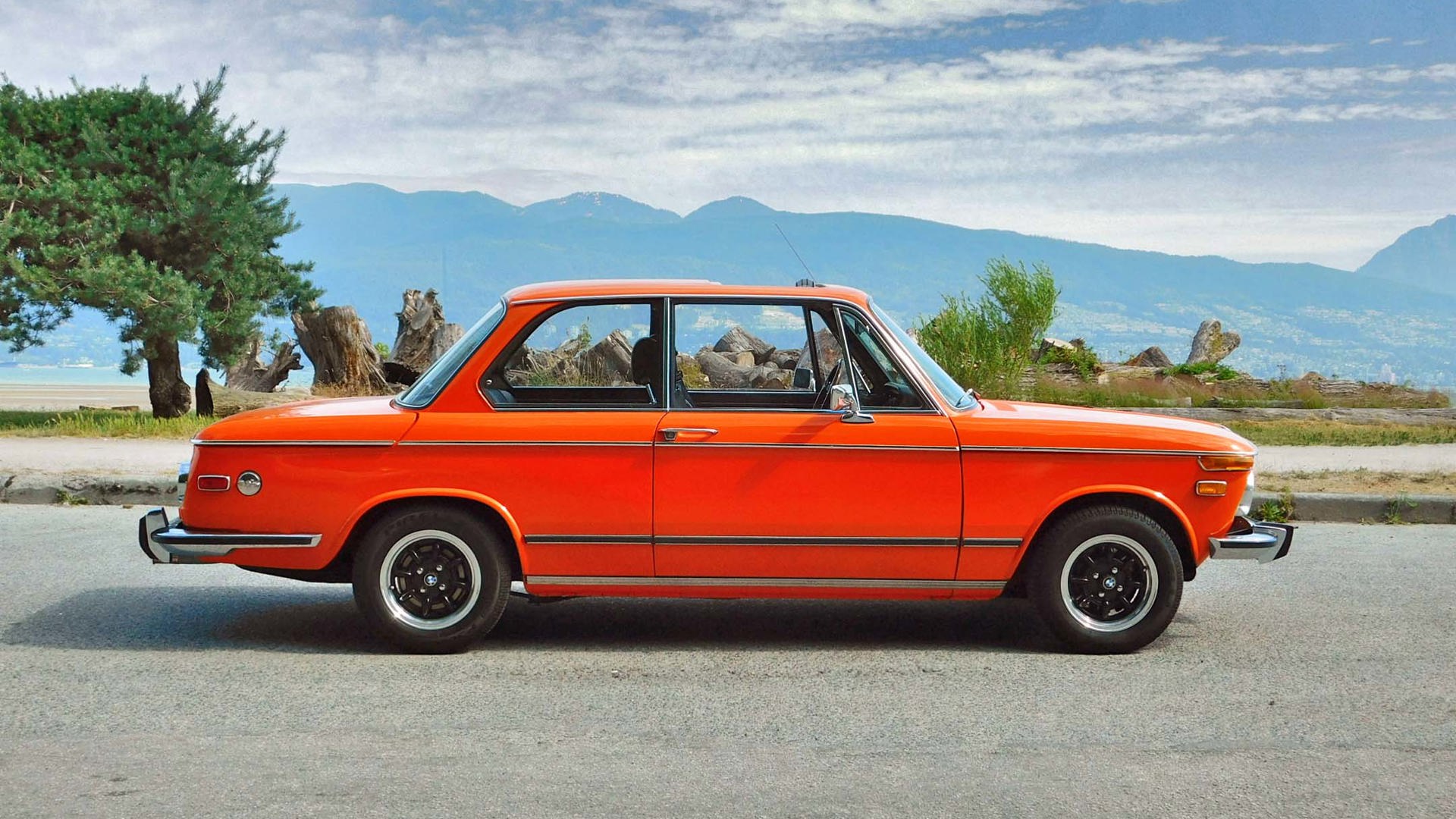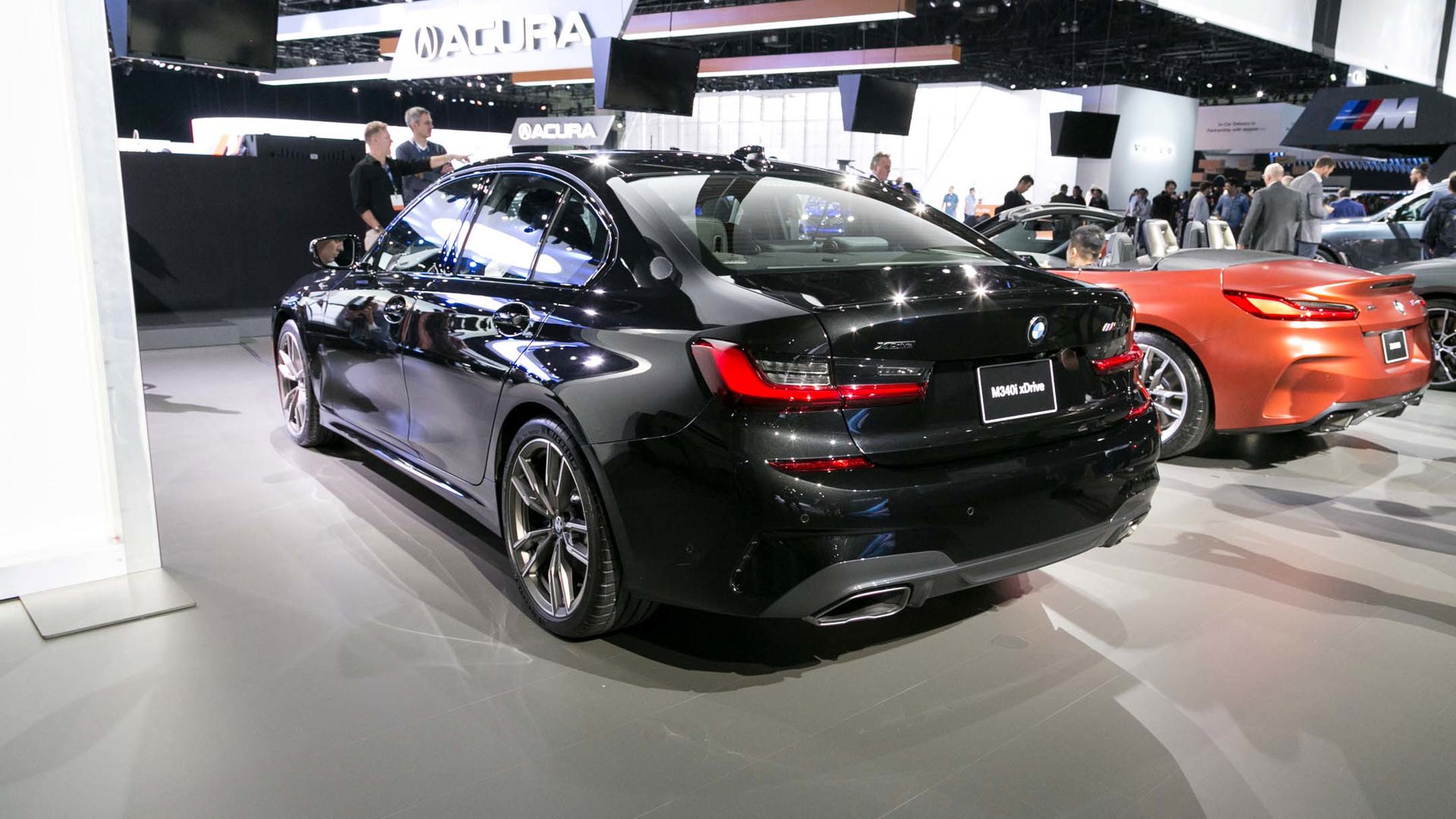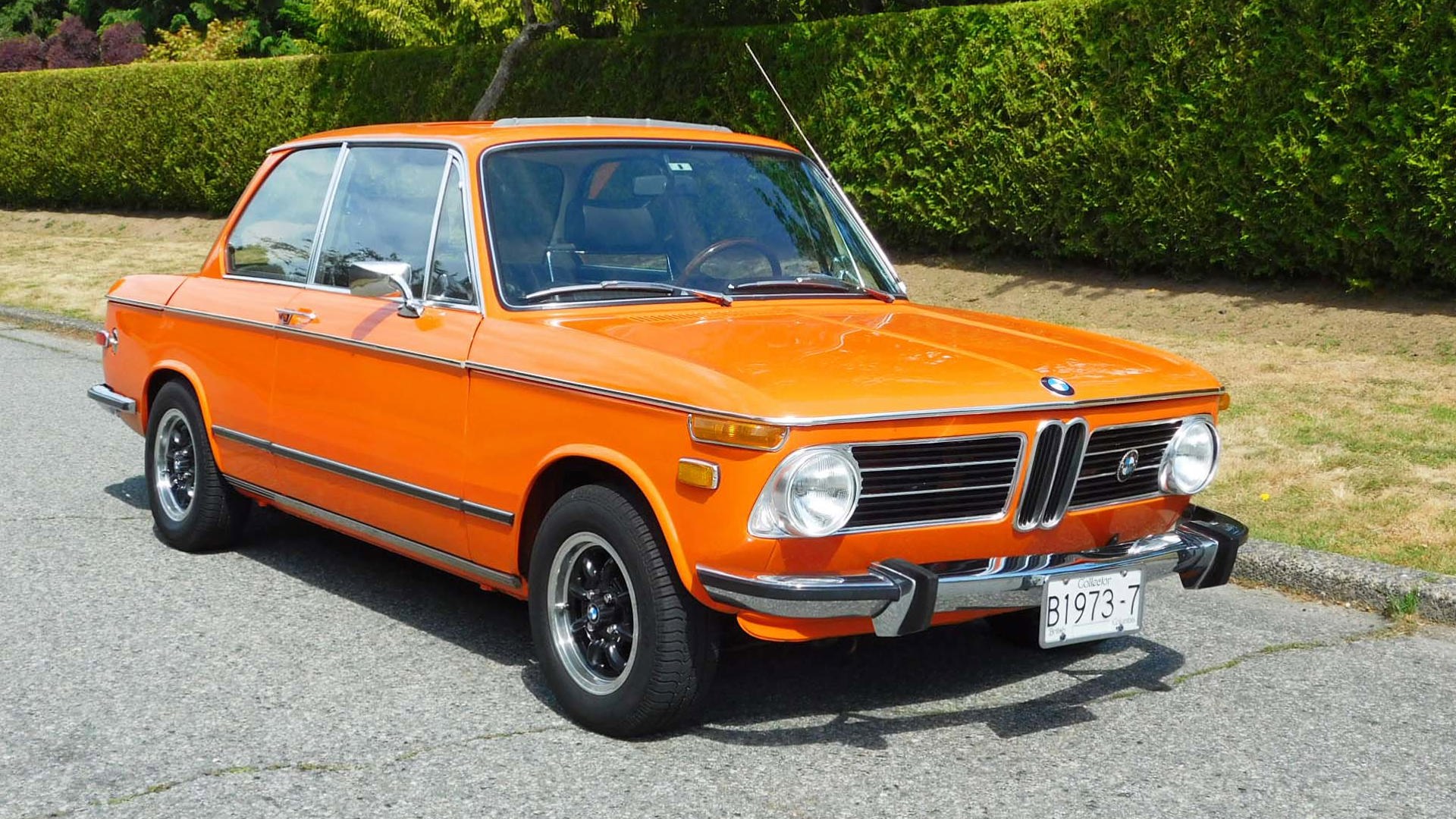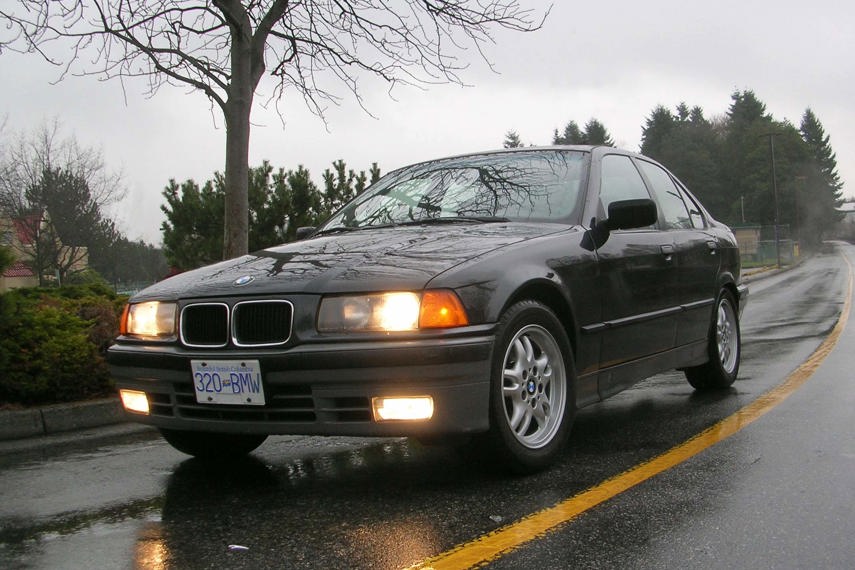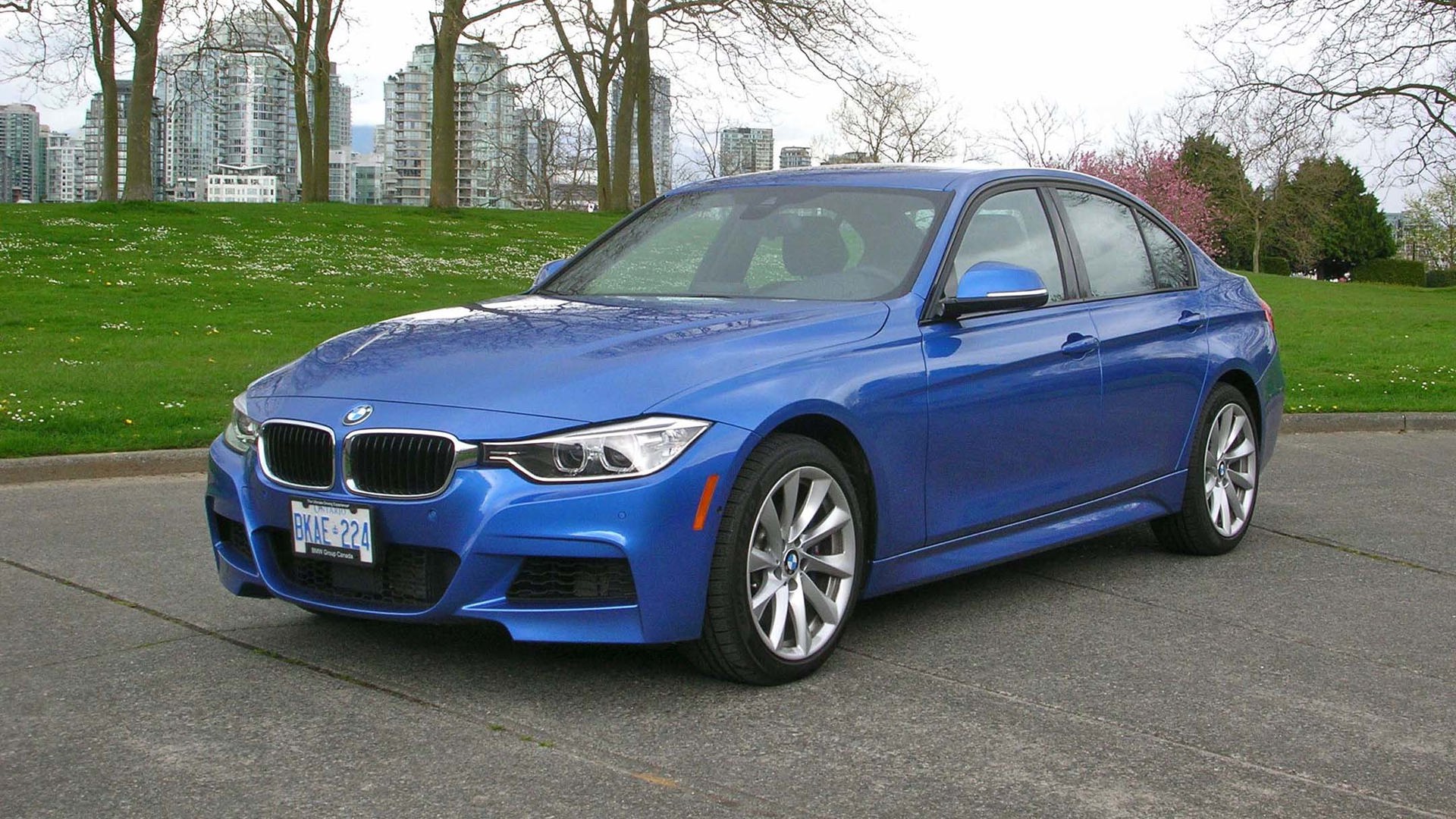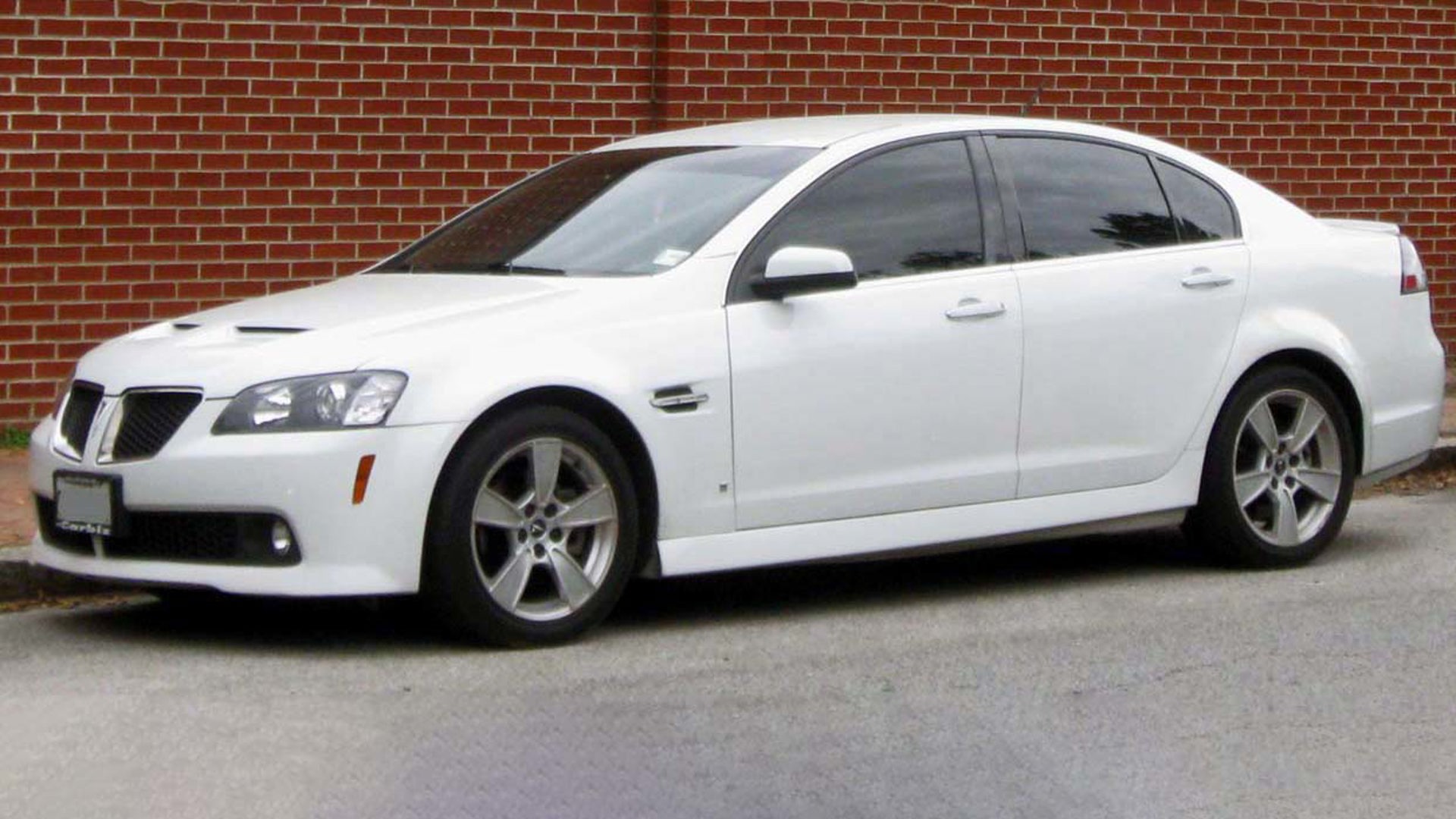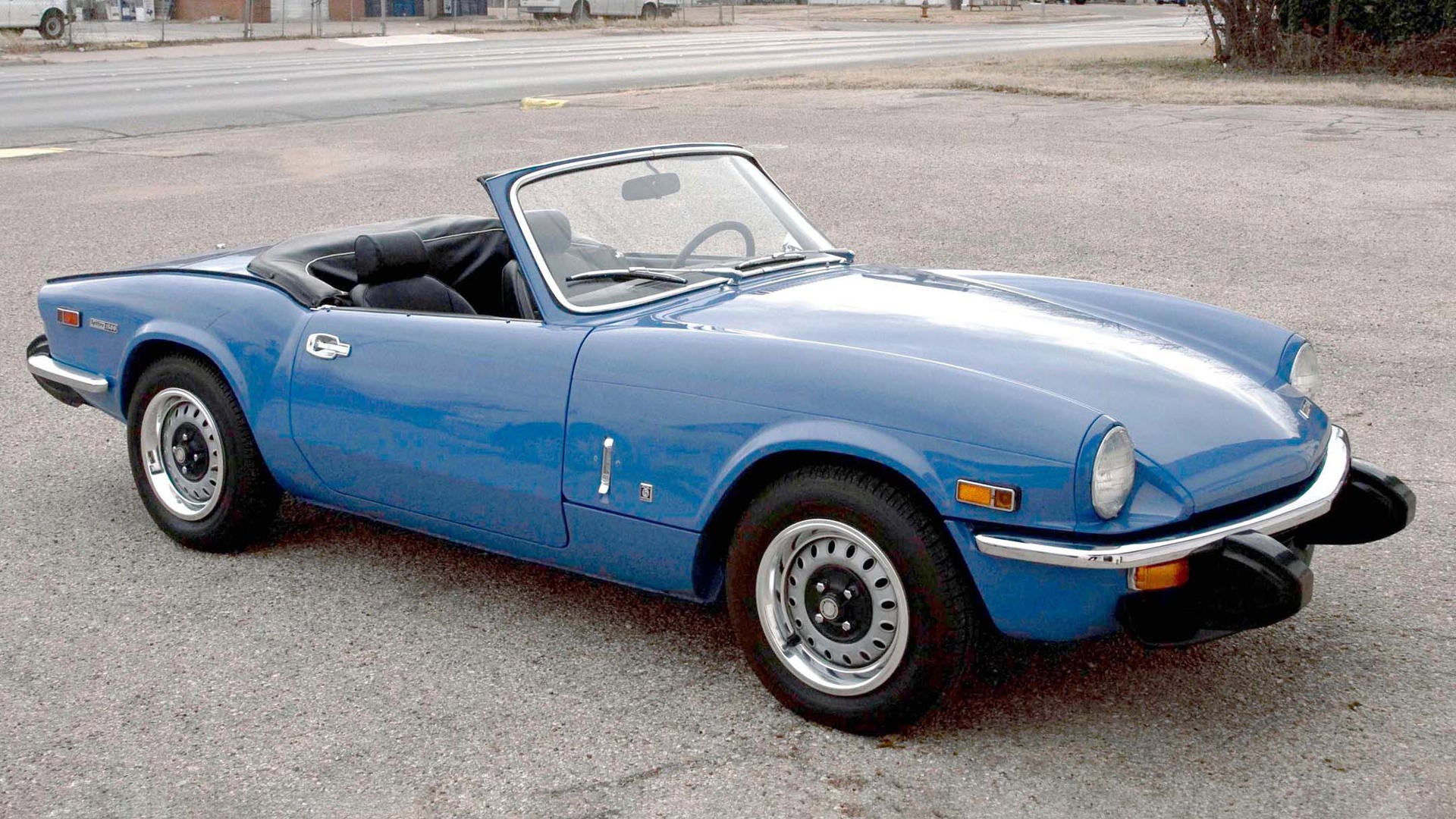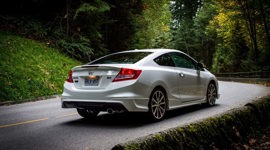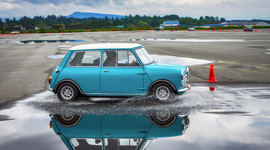It’s official. With BMW pulling the plug on manual-equipped, rear-wheel-drive 3 Series for North America in 2019, the sport sedan is dead.
It was a good run: 50 years exactly, if you count the sport sedan’s opening bookend to be the 1968 introduction of BMW’s 2002. Sure, the Brits had a few “super saloons” before then, and BMW itself was already producing the well-mannered if slightly tamer 1602 and the Neue Klasse four-door sedans, but the 2002 was the first to properly distill the essence of a rear-wheel-drive sports car into the body of a practical little sedan.

“Turn Your Hymnals to 2002”, wrote David E. Davis in his review of the new car in the April 1968 Car and Driver, and thousands did: 137,882 ’02 Series cars were sold during its run, and a new segment was born. Dozens of manufacturers eventually joined the fray, with everything from the affordable Datsun 510 in the 1970s to the Pontiac G8 in the late 2000s offering different takes on the formula.
Times change though. Worse traffic, better automatic transmissions, and lazier drivers combined to drive down the popularity of manual transmissions. Front-wheel drive became the driveline of choice for most manufacturers, then came all-wheel-drive SUVs, leaving precious few rear-drive sedan platforms to inject with sport juice. Meanwhile drivers demanded better safety, more space, and increased luxury, even in sporty cars. After all, nobody will notice a few extra pounds, but everyone appreciates a power seat.
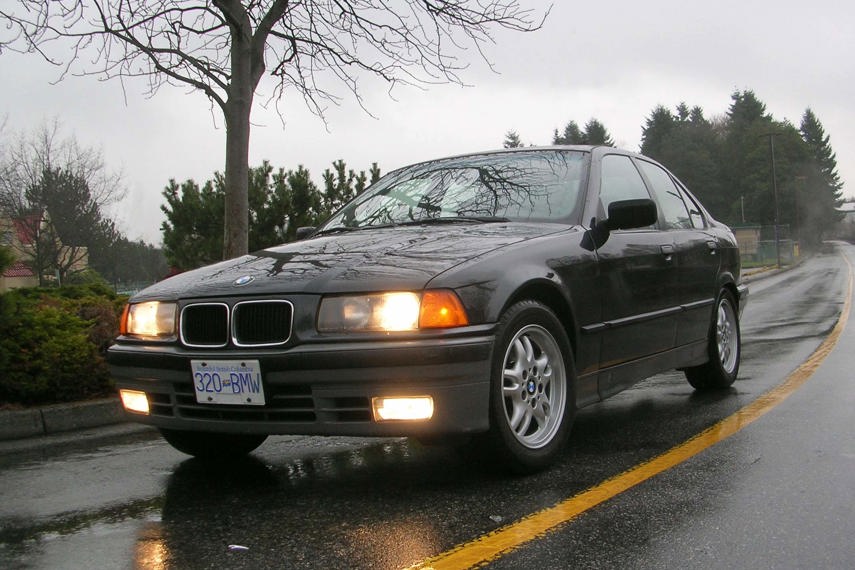
So while BMW continued to be the standard bearer for the sport sedan segment, the 940 kg 2002 was replaced in 1977 with the 1,090 kg e21 320i, which in turn was replaced in 1982 with the 1,180 kg e30 318i. By the 1990s, the e36 3 Series had bulked up to 1,240 kg, and swoopy new styling made the idea of a two-door sedan a thing of the past – two-door 3 Series were now coupes, and the sedans all had four doors (nowadays we have four-door coupes, which is a whole other story).
The early 2000s saw the e46 3 Series earn near-universal praise for its dynamically brilliant chassis and its balance between performance and practicality, but in addition to hitting new sales records (a chart-topping 561,249 units sold in 2002) it also hit new weight records (1,365 kg for the base 320i model).

By 2006, the e90 3 Series had ballooned to 1,520 kg and BMW was selling precious few manual-equipped examples. But the company eventually got the memo on the weight issue: the f30 3 Series, introduced in 2012, weighed in at 1,505 in 320i guise. And could still be had with rear-wheel drive and a manual, if you tried hard enough.
Not anymore, however: For 2019, the new g20 3 Series is available exclusively with an automatic transmission, and almost exclusively with xDrive all-wheel drive (except in the M340).
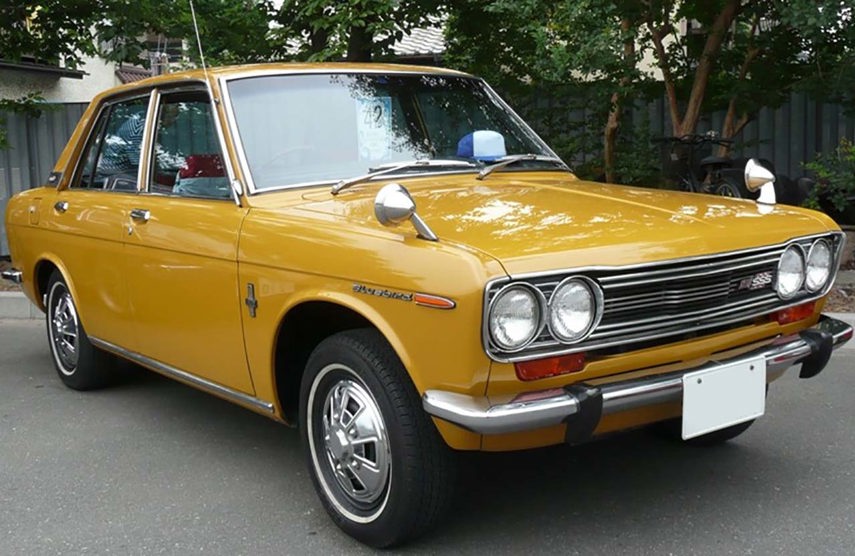
When the sports sedan burst onto the market it offered the pure driving joy of something like today’s Toyota 86 or Mazda MX-5 combined with the practical ability to take three friends along for the ride. For me, that’s exactly what it boiled down to: When I bought my first used BMW 2002 way back in the day, I was wavering between that and a Triumph Spitfire. The BMW won out because was it just as fun to drive, and I could take my friends skiing in it (coincidentally, both cars were designed by Giovanni Michelotti, which perhaps says something about my sense of style).
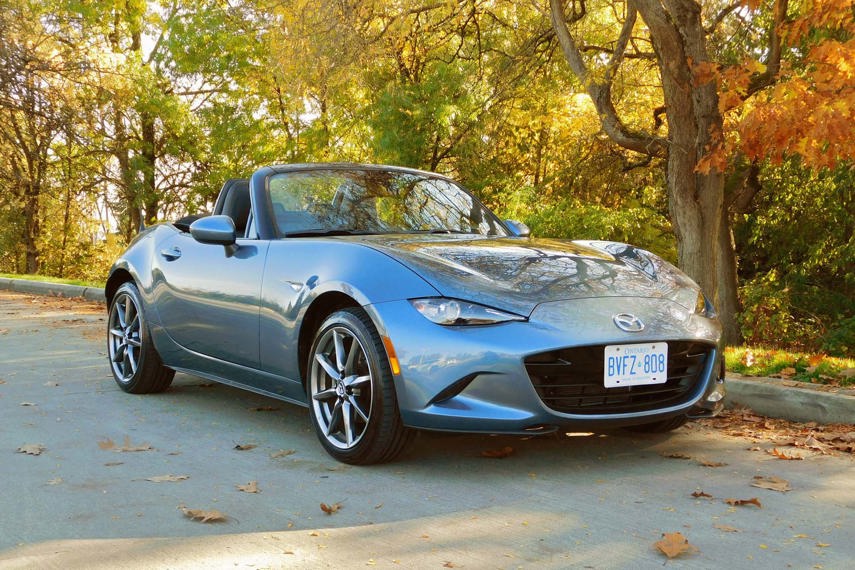
Now you can not only entirely forget about trying to find a small, affordable new sedan with the driving dynamics of a Mazda MX-5, you can’t even satisfy the basic requirements of comfortable seating for four, rear-wheel drive, and a manual transmission. Arguably you can fit four people in a coupe – perhaps a Mustang, a Camaro, a BMW 4 Series, or a BMW 2 Series – but that’s only if you’ve never ridden in the back of one for any distance. Alternatively, if you’re okay with all-wheel drive, the Subaru Impreza can still be had with a stick-shift. But other than that there’s… nothing. Nada. Zip. Zilch.
The sports sedan is dead. Please open your hymnals and sing “Vale pedale tertium, vale quattuor sellae” (Goodbye third pedal, goodbye four seats).
